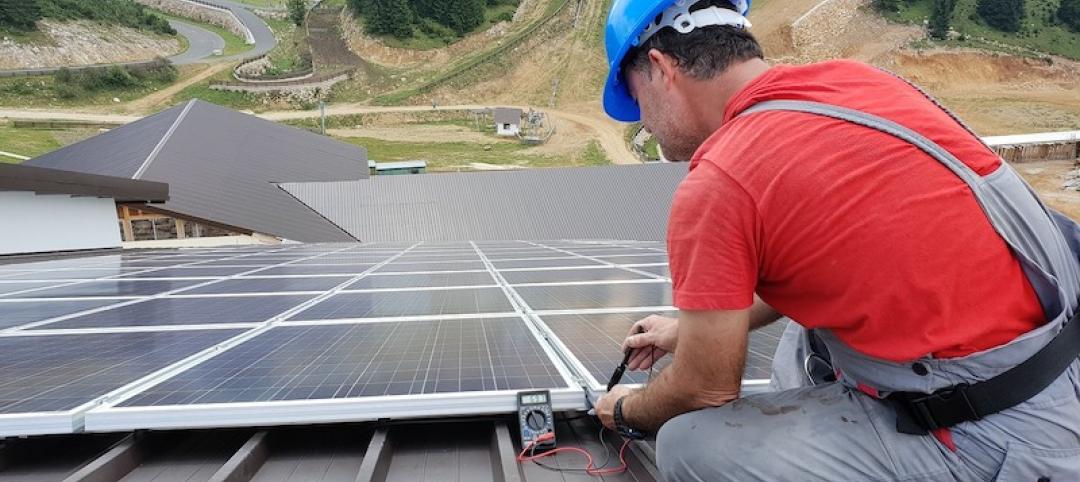More than two dozen local government officials in California recently signed a letter urging Gov. Gavin Newsom to back a statewide all-electric mandate for all new building construction.
This action is needed, the officials say, after a U.S. 9th Circuit Court of Appeals ruling this year nullified the city of Berkeley’s ban on natural gas hookups on new buildings. In 2019, Berkeley became the first U.S. city to ban gas in new buildings for all uses including heating and hot water.
Currently, more than 75 California municipalities have “a form of building electrification requirement in place via their local codes,” according to a letter from the officials to Newsom.
The Berkeley decision could be reversed in court, but that could take several years. In the meantime, local electrification requirements are at risk of being overturned in court.
“Without your administration stepping in … many municipalities will be forced to backtrack on progress cutting emissions from buildings, due to insufficient resources to fight frivolous and opportunistic lawsuits,” the letter reads. “The best path forward in light of recent legal challenges is to follow the lead of local jurisdictions and pursue statewide implementation of common-sense clean emission measures for buildings.”
Related Stories
Codes and Standards | Mar 23, 2020
Florida legislature passes bill to reduce retainage on state and local projects
House and Senate vote is nearly unanimous; law would go into effect Oct. 1.
Codes and Standards | Mar 20, 2020
Feds prod use of eminent domain to force people out of flood-prone homes
Local officials that don’t comply could lose federal money to combat climate change.
Codes and Standards | Mar 19, 2020
ASHRAE provides COVID-19 resources for operating, maintaining HVAC systems
Includes recently approved position document on Airborne Infectious Diseases.
Codes and Standards | Mar 19, 2020
CaGBC launches new version of its Zero Carbon Building Standard
Version 2 draws on lessons from more than 20 zero carbon projects.
Codes and Standards | Mar 16, 2020
Concrete industry reduces carbon footprint by 13% over five years
Result mostly due to more efficient use of Portland cement.
Resiliency | Mar 13, 2020
Feds push use of eminent domain to force people out of flood-prone homes
Local officials that don’t comply could lose federal money to combat climate change.
Codes and Standards | Mar 12, 2020
Design guide for sloped glazing and skylights updated for first time in 30 years
Helps with choosing proper glass for non-residential applications.
Codes and Standards | Mar 11, 2020
Two tree species native to the Northeast found suitable for CLT
Eastern white pine and eastern hemlock pass strength testing.
Codes and Standards | Mar 10, 2020
Prescient receives ICC certification for seismic resilience system
Technology suitable for buildings up to 12 stories in earthquake-prone areas.
Codes and Standards | Mar 6, 2020
Design firms creating plans to re-imagine D.C.’s tidal basin
Area including National Mall is facing increased flood risk.

















